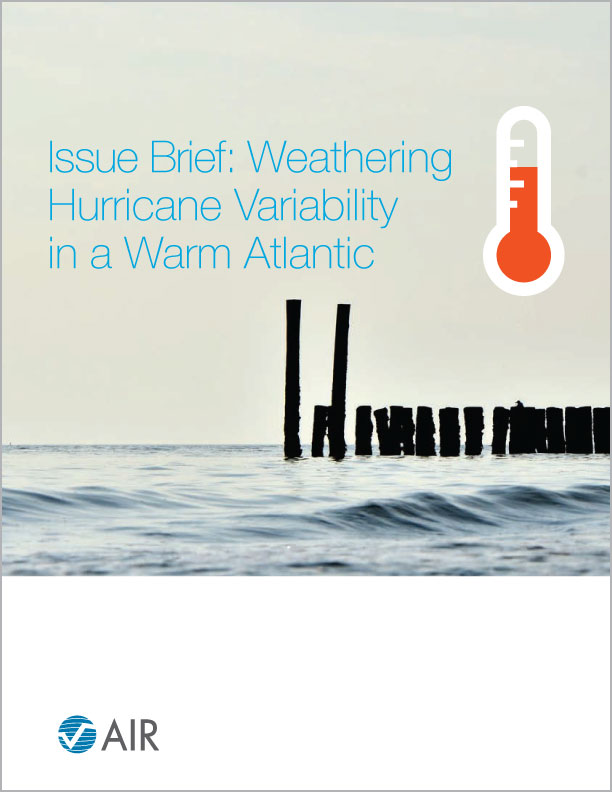
The Near-Term Fallacy
Accurate forecasts—even for next week’s weather—can be elusive, let alone forecasts five years out. Yet even after a dismal track record, some modelers are still using highly uncertain forecasts of sea surface temperatures to project near-term Atlantic hurricane losses, a practice that is scientifically unsound and introduces unnecessary volatility that is a disservice to model users.
After all, the promise of catastrophe models was to eliminate the volatility in pricing, capital management, and risk transfer that is the inevitable outcome of recency bias—reliance on the recent past to estimate what the future holds.

